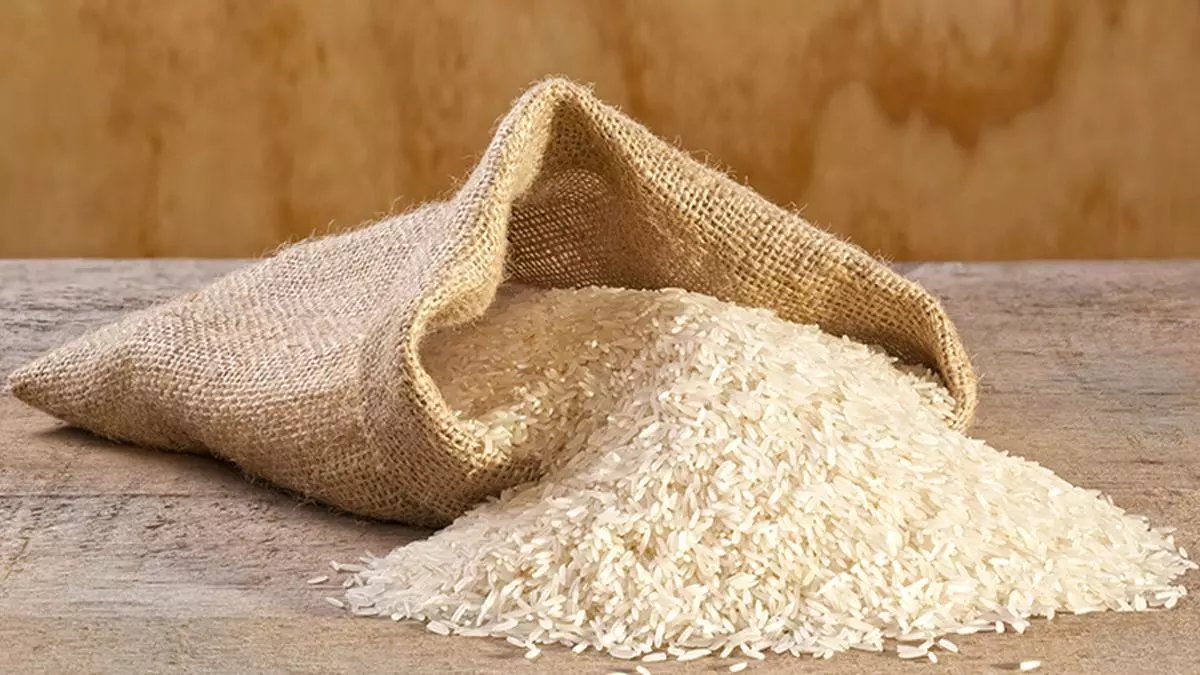India asked to share more info on PMGKAY, rice export ban at WTO
India may need to give clarifications on the WTO-compatibility of its recently-announced five year extension for the PM Garib Kalyan Ann Yojna (PMGKAY) free foodgrains scheme and share more details on reasons guiding its ban on export of non-basmati rice at the three-day WTO Committee on Agriculture (CoA) meeting beginning Monday.
“WTO members, including the US, the EU, Canada, Australia, Switzerland and New Zealand, have submitted a barrage of questions for India to answer at the CoA meet, mostly on its MSP commitments and export restrictions,” a source tracking the matter told businessline.
Canada, in its submission, asked India if procurement under the extended PMGKAY will be done under administered price, instead of current market price, and if it had considered the impact of this approach on its WTO domestic support commitments.
Making a case for procurement at current market prices on the ground that “it would miminise trade distortions while preserving its effectiveness”, Canada said if India procures at administered prices, it should provide reasons why it thinks the method is better.
Earlier this month, at an election rally in Chhattisgarh, Prime Minister Narendra Modi announced extension of the PMGKAY, which provides free foodgrains to over 80 crore people, for a five-year period.
Per the WTO’s Agreement on Agriculture, developing countries can’t give farm subsidies beyond the limit of 10 per cent of the value of production. However, a`peace clause’ agreed to at the Bali Ministerial meeting in December 2013, allows developing countries to breach the limits. The problem is that the peace clause is riddled with onerous conditions related to notifications and submission of data as well as protecting food security of other countries, that may be difficult for developing countries to fully meet.
India has already invoked the ‘peace clause’ at the WTO for breaching the 10 per cent subsidy limit on rice and has been constantly facing demands from several members, including the EU and the US, for more data and proof to establish that the subsidised rice was not being dumped in the global market.
New Delhi has maintained that it does not export rice from its procured stocks and that it has been submitting all required information on its overall domestic support notifications.
At the WTO CoA meeting, India may also need to explain on what basis did it impose an export ban on non-basmati rice citing concerns around its adequate availability.
‘At the time of the decision (of the ban) there were various media reports indicating there were sufficient supplies to meet domestic demand. Further, USDA estimates of Indian rice production were 134 million tonnes in August 2023 and its estimates of Indian rice stocks were 36 million tonnes in 2023/24. What quantity of public stocks of rice did India consider adequate for domestic needs at the time this export restriction was put in place?,” per a question submitted by the US, the UK and Switzerland.
Questions have also been submitted on India’s decision to grant export quota for non-basmati rice to certain countries after imposition of the export ban.
Since India has said that many of its farm related measures, including export restrictions/ban on non-basmati rice, wheat & wheat products and de-oiled rice bran and export duty on onions are temporary, many countries have demanded it should provide the expiry dates for these.
